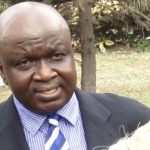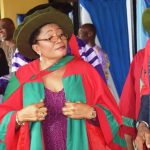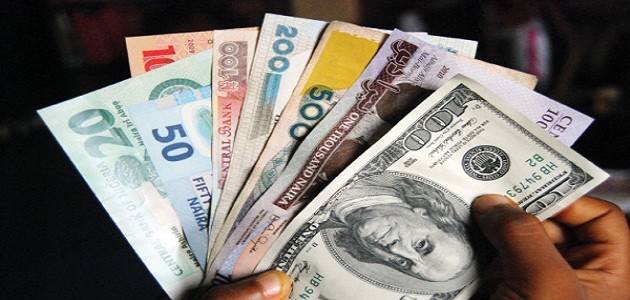
Financial experts have predicted that the Naira could fall to as low as N480 by year-end and over N500 next year, citing Nigeria’s weakening FX positions, the fall in oil prices, and the massive drop in government revenues.
According to Moshood Bode Abolade, Investment Officer at Africa50 Infrastructure Investments, Nigeria’s oil giant, Nigeria National Petroleum Corporation (NNPC), is unlikely to contribute much to FG’s revenue, meaning lower oil earnings anticipated.
“The COVID-19 outbreak—magnified by the sharp fall in international oil prices and reduced global demand for oil products—is severely impacting economic activity in Nigeria. These shocks have created large external and financing needs for 2020.
“Additional declines in oil prices and more protracted containment measures would seriously affect the real and financial sectors and strain the country’s financing.”
The country’s foreign reserve has continued its bearish trend, dropping by $5.09 billion from $38.53 billion in early January to $33.44 billion.
Philip Anegbe, Team Lead, Cardinal Stone Research, explained that the probability of significant foreign investment outflows due to weak oil prices and higher risks suggests that Nigeria would need more than the $3.4 billion RFI facility to strengthen the case for its currency in the near-to-medium term.
“The low oil prices/weak demand will not affect Nigerian producers equally; the IOCs and some indigenous players have a long term off-take contract which obligates buying counterparties to purchase agreed volumes on the one hand. On the other hand, NNPC leads the contingent of producers that do not use long terms contracts, therefore, leaving them to demand risk.
“It is important to note that NNPC’s production is tied to that of IOCs and large indigenous players (who have crude off-take contracts) in line with economic interest under the joint ventures. This means that while NNPC’s co-ventures are producing and selling, it might be forced to incur storage costs as it struggles to find buyers in the spot market.
“NNPC’s situation calls for cost discipline if it is still to contribute to government revenues and it has, in fact, started to closely scrutinize JV budgets; a practice that was not a priority until the effects of COVID-19 and the price war hit.”
However, with these colossal challenges, Nigeria’s stakeholders must support the diversification of Nigeria’s economy. It is the major solution to surviving the present environment of global economic uncertainty with the huge price swings in crude oil prices.
You may be interested

‘I’m Incredibly Proud’– Arokodare Talks Up Genk’s Unbeaten Home Streak
Webby - December 23, 2024Tolu Arokodare is full of excitement followingGenk’s historic victory over Anderlecht, reports Completesports.com.Sunday’s win at the Cegeka Arena was the…
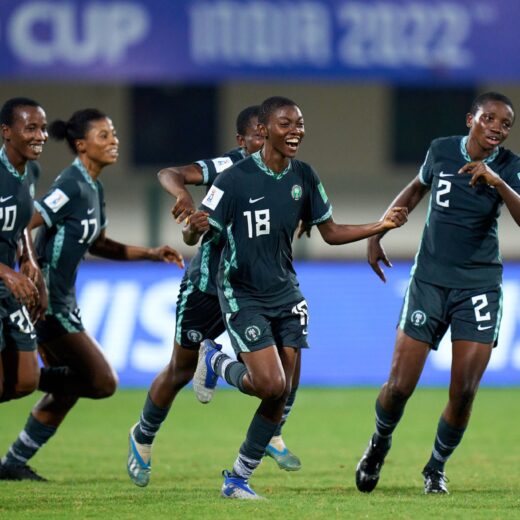
WAFU B U-17 Girls Cup: Ghana Edge Gallant Flamingos On Penalties In Final
Webby - December 22, 2024Despite a spirited performance Nigeria’s Flamingos lost on penalties to hosts Ghana on penalty shootout in the final of the…
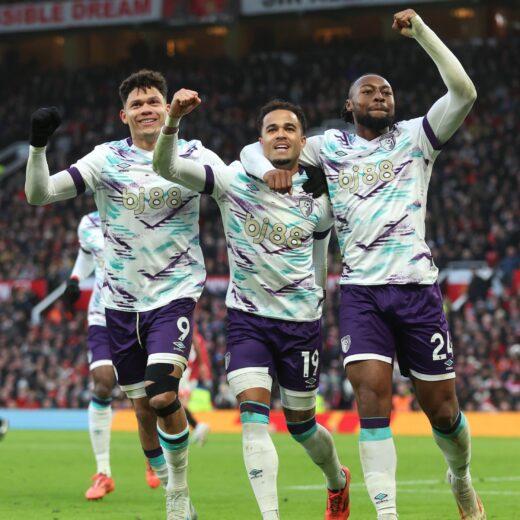
Bournemouth Equal Burnley’s Old Trafford Feat After 3-0 Win Vs United
Webby - December 22, 2024Bournemouth’s 3-0 win against Manchester United on Sunday meant the Cherries equaled Burnley’s feat at Old Trafford.United went into the…

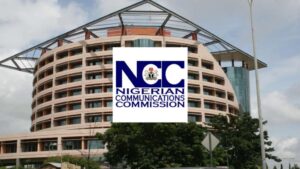

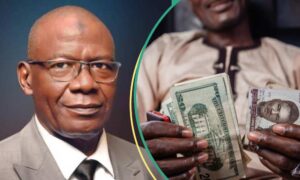

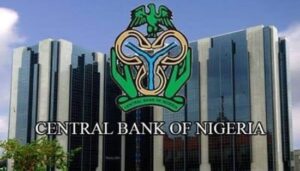
















![American Pastor, David Wilson Seen Eating The Box Of Woman Who Isn’t His Wife [Video]](https://onlinenigeria.com/wp-content/uploads/2019/10/american-pastor-david-wilson-seen-eating-the-box-of-woman-who-isnt-his-wife-video-150x150.jpg)





